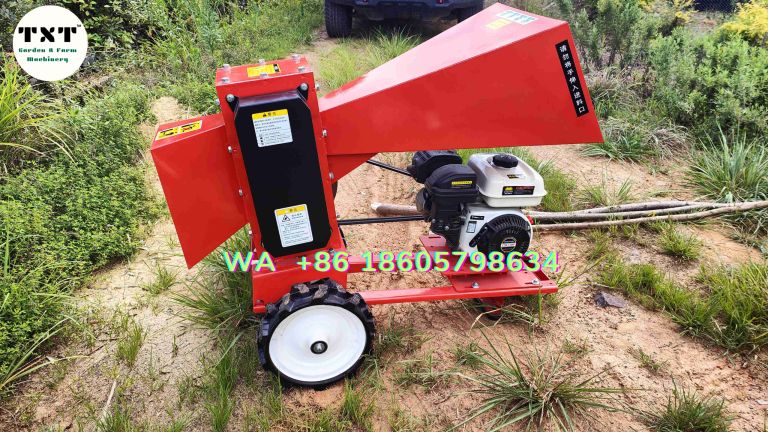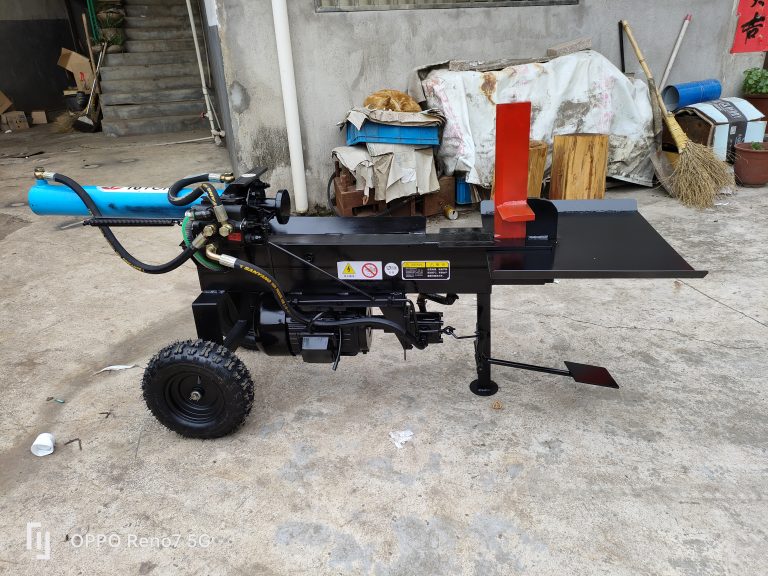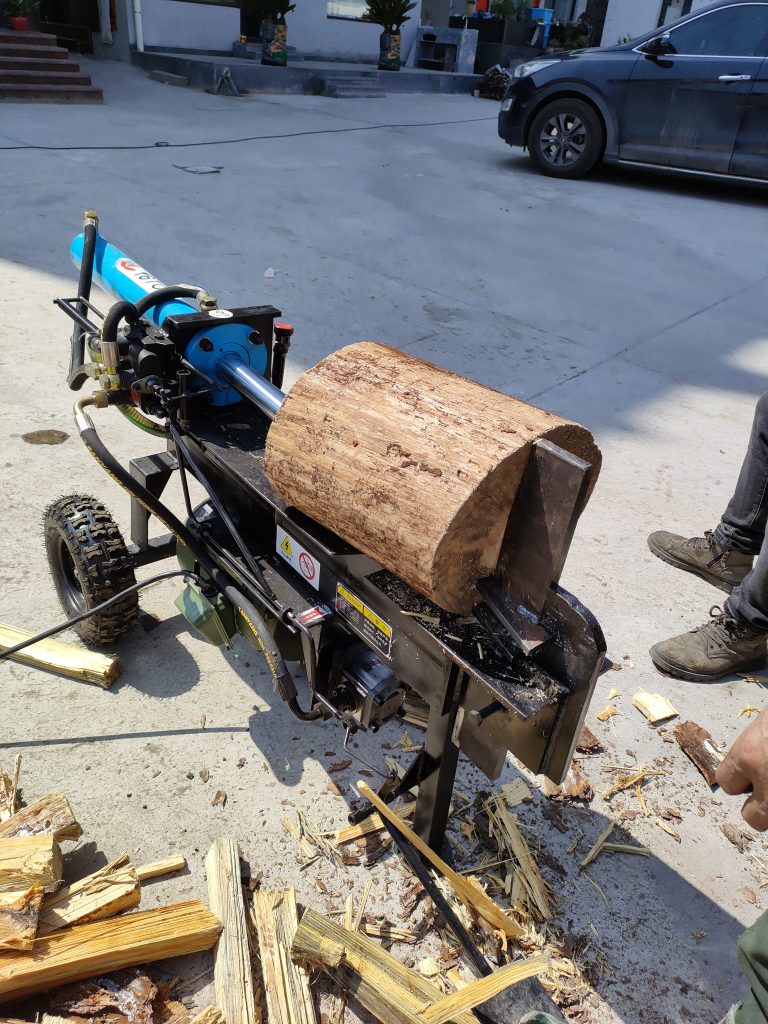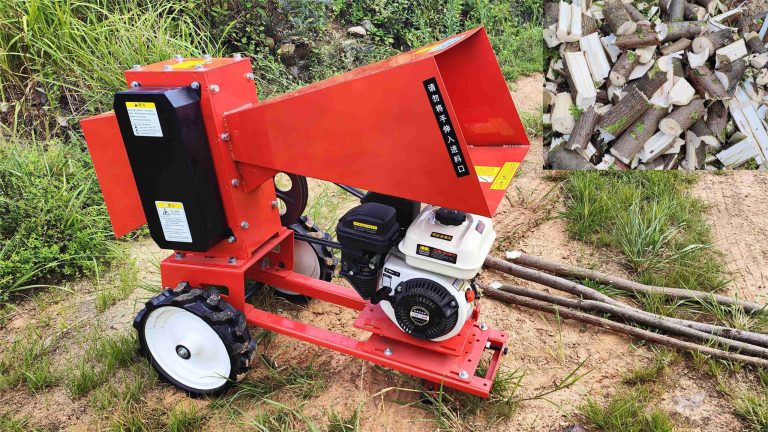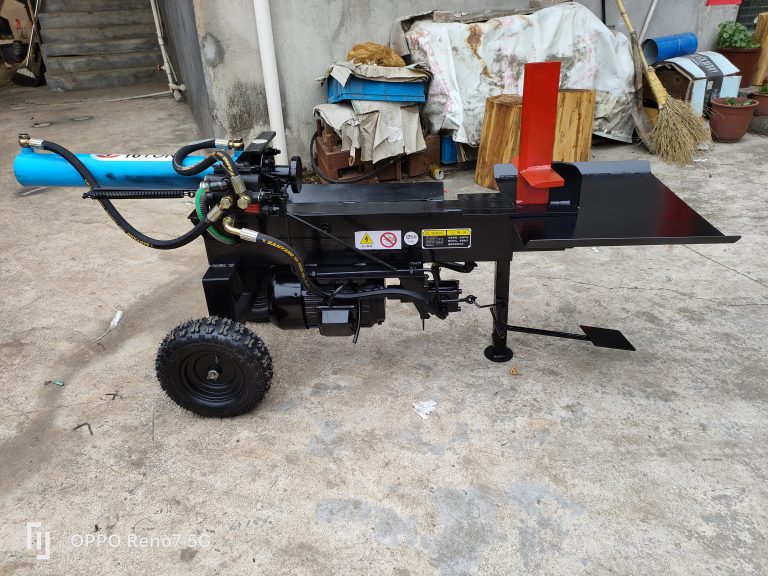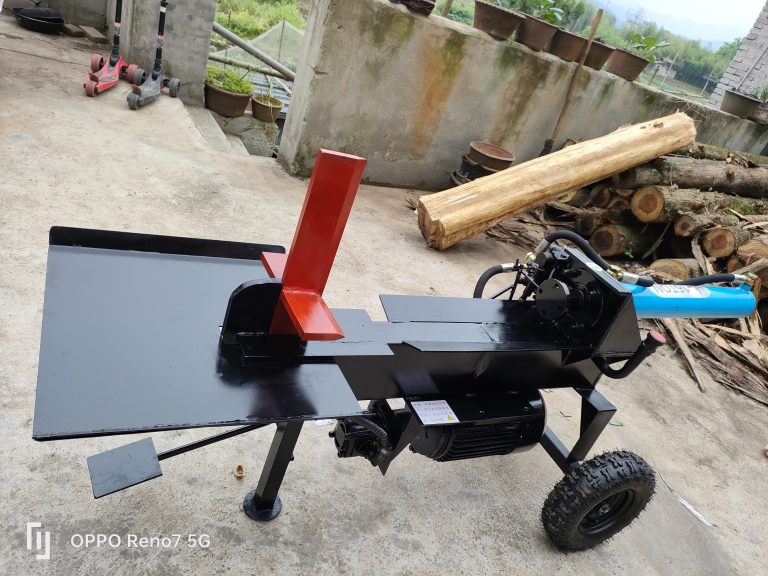Table of Contents
Safety Tips for Pulling a Wood Splitter on the Road
When it comes to transporting heavy equipment like a wood splitter on the road, safety should always be the top priority. Whether you are moving your wood splitter to a different location or simply taking it to a job site, there are several important factors to consider to ensure a safe and smooth journey.
First and foremost, it is crucial to check the laws and regulations in your area regarding the transportation of heavy equipment on the road. Some states may have specific requirements for securing and transporting large machinery, so be sure to familiarize yourself with any relevant laws before hitting the road.
Before you begin your journey, thoroughly inspect your wood splitter to ensure that it is in good working condition. Check for any loose or damaged parts, and make any necessary repairs before attempting to transport the equipment. It is also important to secure any loose components, such as hoses or cables, to prevent them from becoming a hazard during transit.
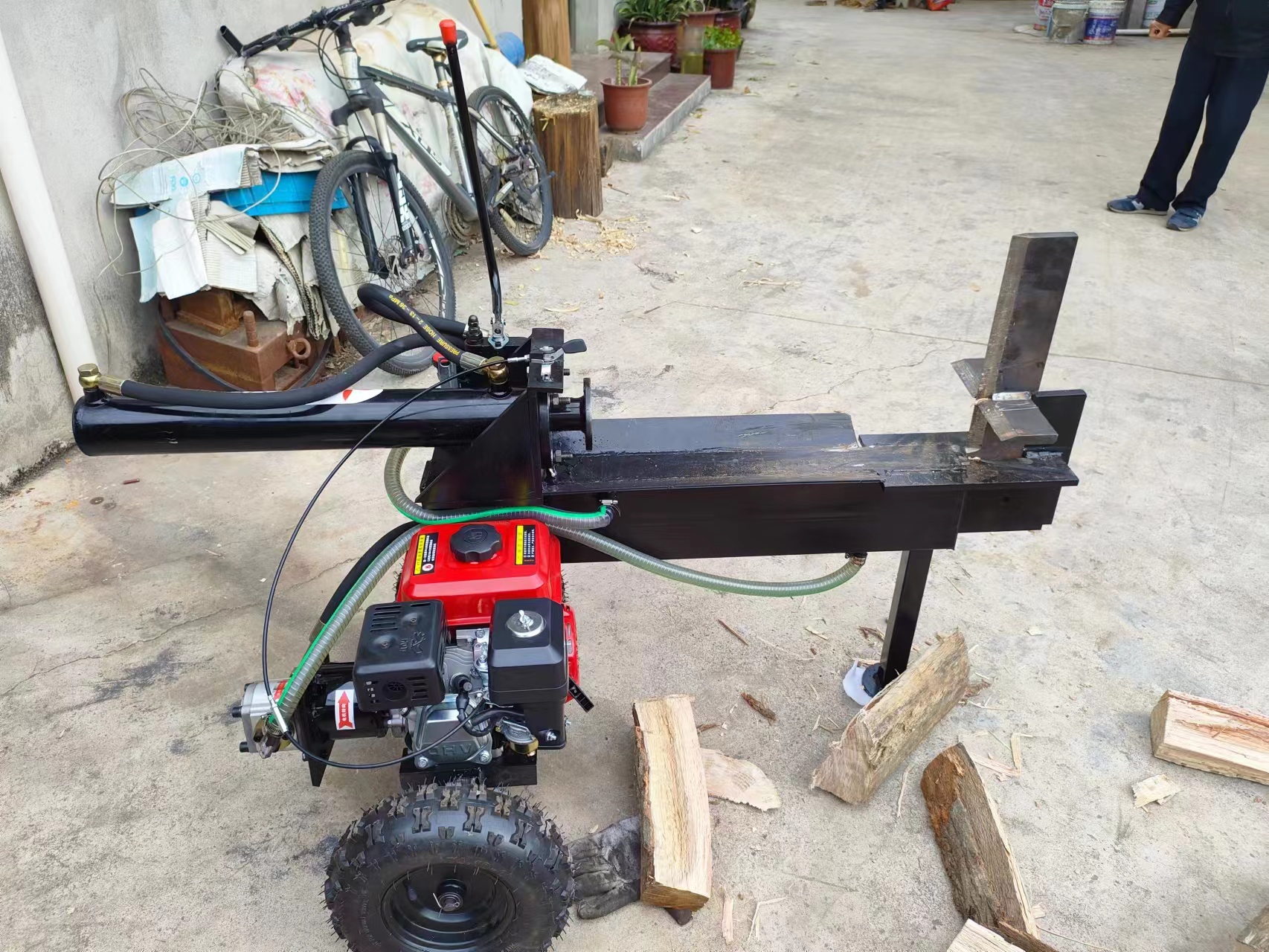
When it comes to actually pulling the wood splitter on the road, it is essential to use a suitable towing vehicle. Make sure that the vehicle you are using is capable of safely towing the weight of the wood splitter, and that it is equipped with the necessary towing equipment, such as a hitch and safety chains. Additionally, be sure to distribute the weight of the wood splitter evenly on the trailer to prevent it from becoming unbalanced during transit.
As you hit the road, be mindful of your speed and driving habits. Remember that you are towing a heavy piece of equipment, so it is important to drive at a safe and steady pace. Avoid sudden stops or sharp turns, and be sure to leave plenty of space between your vehicle and other drivers on the road.
It is also important to be aware of your surroundings while towing a wood splitter on the road. Keep an eye out for any obstacles or hazards that could pose a risk to your safety, such as low-hanging branches or uneven road surfaces. Be prepared to make adjustments to your driving if necessary to avoid potential dangers.
In the event of an emergency or breakdown while towing a wood splitter on the road, it is important to have a plan in place. Make sure that you have a fully charged cell phone with you at all times, and that you have the contact information for a towing service or roadside assistance provider readily available. Additionally, be sure to carry any necessary tools or equipment that may be needed to make repairs on the spot.
In conclusion, pulling a wood splitter on the road can be a safe and efficient way to transport heavy equipment, as long as you take the necessary precautions. By following these safety tips and guidelines, you can ensure that your journey is smooth and trouble-free. Remember to always prioritize safety when transporting heavy machinery, and never hesitate to seek professional assistance if needed.
Legal Requirements for Towing a Wood Splitter on the Road
Towing a wood splitter on the road may seem like a convenient way to transport it from one location to another, but there are legal requirements that must be met in order to do so safely and legally. In this article, we will discuss the legal requirements for towing a wood splitter on the road and what you need to know before hitting the road with your equipment.
| Applicable Industries | Farms, Home Use, Retail, Construction works , Forestry and Garden |
| Type | Wood splitter |
| Power Type | Gasoline/Petrol/Diesel/E-power |
| Splitting Force | 2tons/5tons/10tons/16tons/22tons |
| Maximumn trunk length: | 60cm |
| Maximmn trunk Dia: | 35-55cm |
| Max. Output: | 7.5HP/15HP |
First and foremost, it is important to understand that towing a wood splitter on the road is subject to the same regulations as towing any other type of trailer or equipment. This means that you must ensure that your vehicle is equipped with the proper towing equipment, such as a hitch and safety chains, and that your wood splitter is securely attached to your vehicle.
Additionally, you must also ensure that your vehicle is capable of safely towing the weight of your wood splitter. This means checking the towing capacity of your vehicle and making sure that it is within the limits specified by the manufacturer. Exceeding the towing capacity of your vehicle can not only put you at risk of an accident, but it can also result in fines and penalties for violating towing regulations.
In addition to ensuring that your vehicle is properly equipped and capable of towing your wood splitter, you must also make sure that your wood splitter is properly registered and insured. In most states, any trailer or equipment being towed on the road must be registered and insured, just like a vehicle. This means obtaining a license plate for your wood splitter and making sure that it is covered by insurance in case of an accident.
Furthermore, you must also make sure that your wood splitter is properly marked with reflective tape or lights to make it visible to other drivers on the road. This is especially important if you will be towing your wood splitter at night or in low visibility conditions. Failing to properly mark your wood splitter can result in fines and penalties for violating safety regulations.
It is also important to note that some states have specific regulations regarding the transportation of certain types of equipment, including wood splitters. For example, some states may require you to obtain a special permit or license in order to tow a wood splitter on the road. It is important to familiarize yourself with the regulations in your state and make sure that you are in compliance before towing your wood splitter.
In conclusion, towing a wood splitter on the road is subject to a number of legal requirements that must be met in order to do so safely and legally. From ensuring that your vehicle is properly equipped and capable of towing your wood splitter, to making sure that your wood splitter is properly registered and insured, there are a number of steps that must be taken before hitting the road with your equipment. By following these legal requirements, you can ensure that you are towing your wood splitter safely and in compliance with the law.

